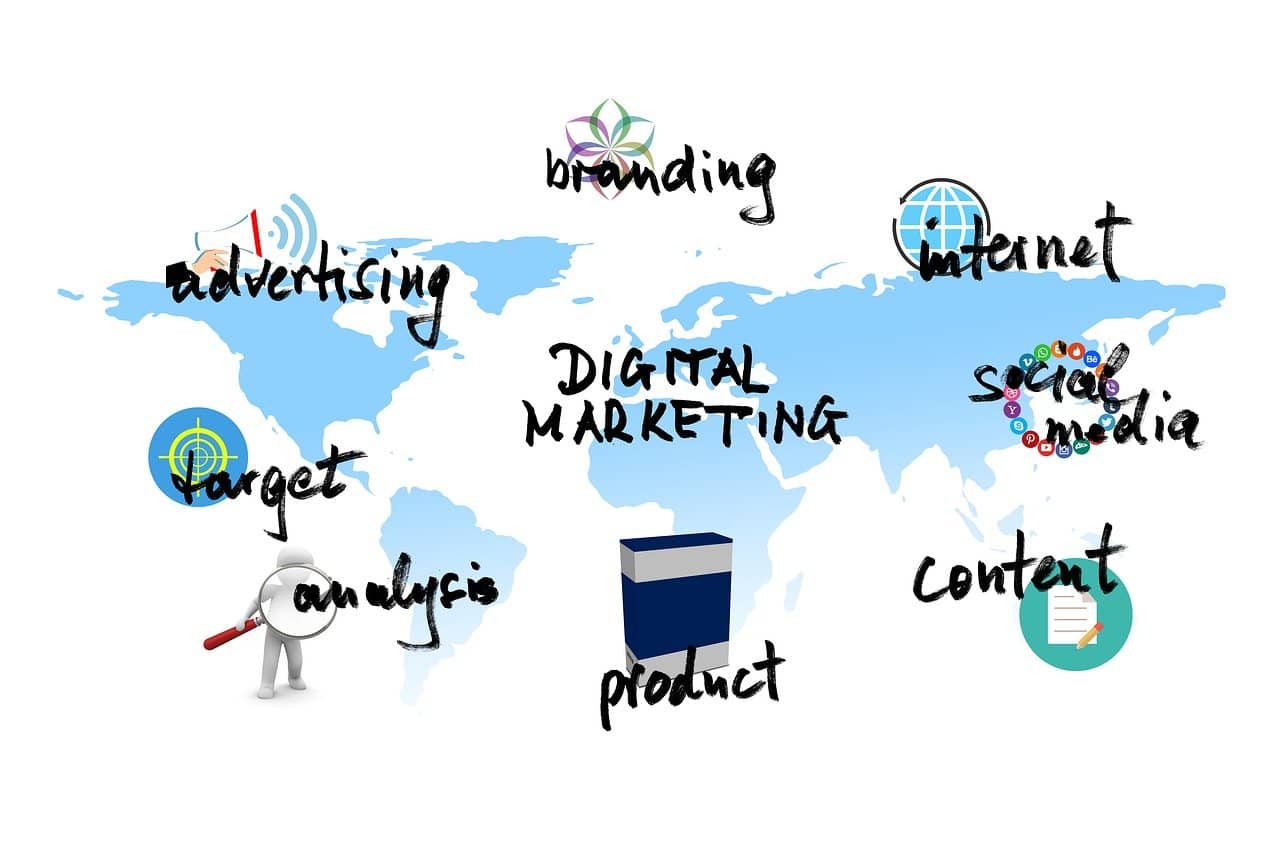In the rapidly evolving tech landscape, Artificial Intelligence (AI) products are no longer just a niche segment but a cornerstone of innovation across various industries. From healthcare to finance, AI is revolutionizing how businesses operate and interact with their customers. However, with the surge in AI products, standing out in the market has become a significant challenge. This blog post delves into effective strategies for marketing AI products, ensuring your innovations not only catch the eye but also deliver tangible results.
Understanding Your AI Product:
Before diving into marketing tactics, it’s crucial to have a deep understanding of your AI product. What unique problems does it solve? How does it outperform existing solutions? Identifying these aspects helps in crafting a compelling narrative that resonates with your target audience. Conduct thorough market research to understand the specific needs and pain points of your potential customers, which will guide your marketing messages and strategies.
Building a Strong Brand Identity:
A strong brand identity is the foundation of successful marketing. For AI products, this means creating a story that not only highlights the technology but also its human impact. Develop a unique value proposition (UVP) that clearly states what sets your AI product apart. Ensure this UVP is consistently communicated across all marketing materials, from your website to social media profiles, reinforcing your brand’s identity and message.
Content Marketing for AI Products:
Content marketing is a powerful tool, especially when dealing with complex products like AI. Start by educating your audience through blog posts, webinars, and whitepapers that explain the benefits and applications of AI in simple terms. Showcase the real-world impact of your product through case studies and testimonials. Use visual content like infographics and explainer videos to simplify complex AI concepts, making them more accessible to a broader audience.
Leveraging SEO and Online Presence:
Optimizing your online presence is crucial for visibility. Focus on SEO strategies that target relevant keywords related to AI products. This includes optimizing your website content, meta descriptions, and URLs. Engage with online communities and influencers in the AI space to increase your reach. Participate in forums, comment on relevant blogs, and share insights on social media platforms frequented by your target audience.
Paid Advertising and Promotions:
While organic strategies are essential, paid advertising can accelerate your reach, especially to decision-makers. Use targeted ads on platforms like Google Ads and LinkedIn to reach professionals in industries that can benefit most from your AI product. Consider offering free trials or demos to attract potential customers and provide them with firsthand experience of your product’s capabilities.
Networking and Partnerships:
Building strategic partnerships can amplify your marketing efforts. Attend AI conferences, webinars, and networking events to connect with industry leaders and potential partners. Collaborate on joint ventures or co-marketing initiatives that can help you tap into new markets and audiences. These partnerships not only enhance your credibility but also provide mutual benefits.
Measuring and Analyzing Results:
Continuous evaluation of your marketing strategies is vital. Set clear Key Performance Indicators (KPIs) such as lead generation, conversion rates, and customer acquisition costs. Use analytics tools to track these metrics and adjust your strategies based on data-driven insights. This iterative process ensures that your marketing efforts remain effective and aligned with your business goals.
Conclusion:
Marketing AI products successfully requires a blend of deep product knowledge, strategic branding, engaging content, and robust online and offline marketing tactics. By understanding your product, targeting the right audience, and continuously adapting your strategies, you can ensure your AI innovations not only gain traction but also deliver lasting value to your customers.


